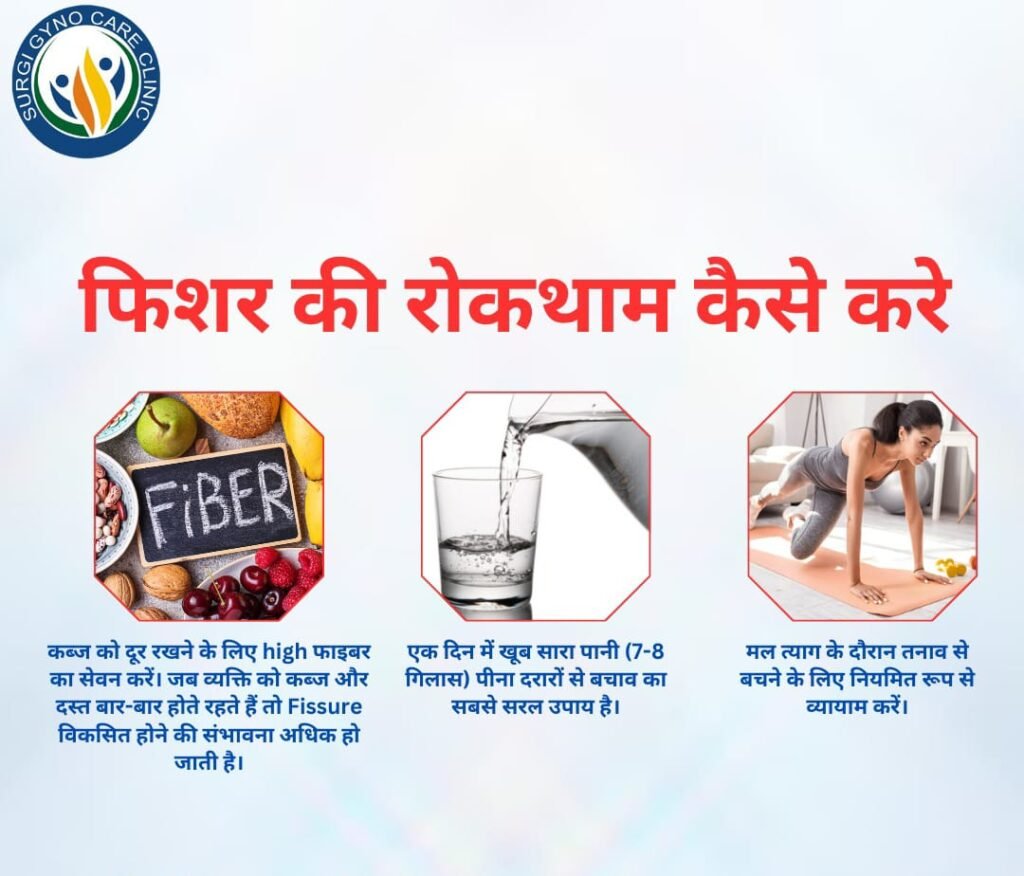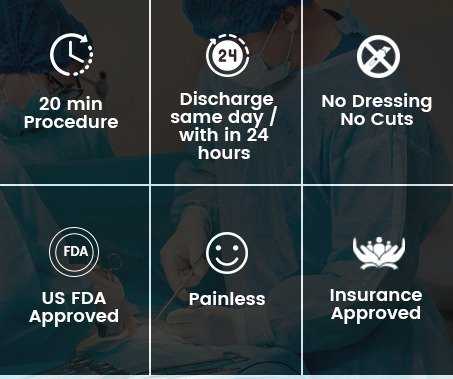The majority of anal fissures don’t need for prolonged care. Nonetheless, a few natural cures might aid in the healing process and ease unpleasant symptoms. Anal fissures can be treated at home by:
- utilizing stool softeners available over the counter
- consuming more fiber-rich meals and supplements, increasing fluid intake to stay hydrated, and improving digestion
- taking a sitz bath to remove tension, promote blood flow to the anorectal region, and relax the anal muscles
- administering hydrocortisone cream, such as Cortizone 10, or nitroglycerin ointment to the region to encourage blood flow
- administering lidocaine or other topical painkillers to the anus to reduce discomfort
You should see your doctor if your symptoms don’t go away after trying at-home cures. They might suggest other therapies.
What are the symptoms of an anal fissure?
● A skin tag, or tiny lump of skin, adjacent to the obvious tear in the skin surrounding your anus acute discomfort
● In the anal area during bowel movements
● Streaks of blood on the toilet paper or stools after cleaning the area around the anal burns or itches
Anal fissures: what creates them?
The most common cause of an anal fissure is passing hard or big feces. The skin surrounding your anus may also rip if you have regular diarrhea or chronic constipation.
Anal fissures may not always indicate constipation or low-fiber diets, though. Fissures that are not healing well or that are not in the posterior and midline region of your anus could be signs of an underlying medical issue Trusted Source.







